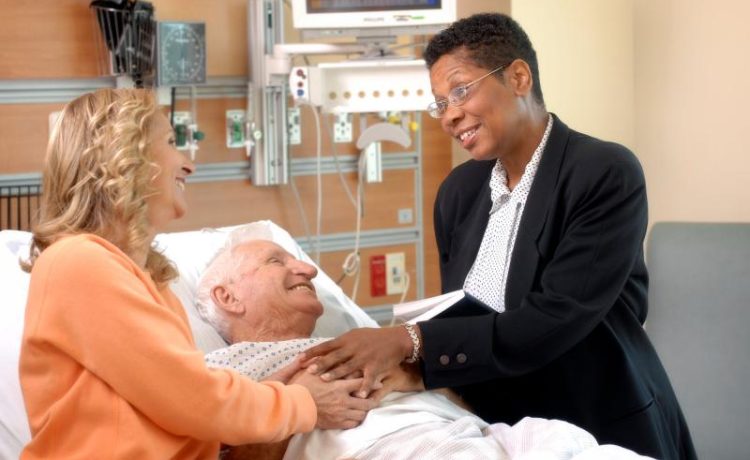juteralabs.com – Hospital chaplains play a unique and vital role in the healthcare setting, providing spiritual, emotional, and pastoral support to patients, families, and staff. Their presence offers a compassionate and empathetic approach to care that complements the medical treatment provided by healthcare professionals.
The Multifaceted Role of Chaplains
Chaplains in hospitals serve a variety of functions, tailored to the needs of individuals within the healthcare environment. Their roles include:
- Spiritual Care: Offering prayers, conducting religious services, and providing spiritual guidance to patients and families of all faiths.
- Emotional Support: Listening to patients and their loved ones, offering comfort and solace during times of distress and uncertainty.
- Ethical Consultation: Assisting with ethical decision-making, particularly in end-of-life care and complex medical situations.
- Crisis Intervention: Providing support during traumatic events, such as sudden illnesses, accidents, or deaths.
- Staff Support: Offering counseling and debriefing sessions for healthcare professionals dealing with stress, burnout, or traumatic events.
The Importance of Chaplaincy in Patient Care
The presence of chaplains in hospitals has been shown to have a positive impact on patient care and outcomes. Some of the benefits include:
- Holistic Care: Addressing the spiritual and emotional needs of patients, which are integral to their overall well-being.
- Enhanced Communication: Facilitating better communication between patients, families, and healthcare providers, particularly in sensitive situations.
- Improved Patient Satisfaction: Patients who receive spiritual and emotional support often report higher levels of satisfaction with their care.
- Cultural Sensitivity: Chaplains often have training in various religious and cultural practices, making them valuable in providing culturally sensitive care.
Training and Qualifications
Hospital chaplains typically undergo specialized training and hold qualifications that prepare them for their role in the healthcare setting. This may include:
- Theological Education: A background in theology or religious studies.
- Clinical Pastoral Education (CPE): A program that provides practical experience in hospital chaplaincy.
- Certification: Obtaining certification from professional chaplaincy organizations.
Collaboration with Healthcare Teams
Chaplains work closely with healthcare teams to ensure that the spiritual and emotional needs of patients are integrated into their overall care plan. This collaborative approach ensures that patients receive comprehensive care that addresses all aspects of their well-being.
Conclusion
The role of hospital chaplains in patient care is both significant and multifaceted. By providing spiritual, emotional, and pastoral support, chaplains contribute to the holistic care of patients and the well-being of hospital staff. Their presence enhances the quality of care, improves patient satisfaction, and fosters a compassionate and supportive healthcare environment. As such, chaplaincy remains an essential component of modern healthcare delivery.

